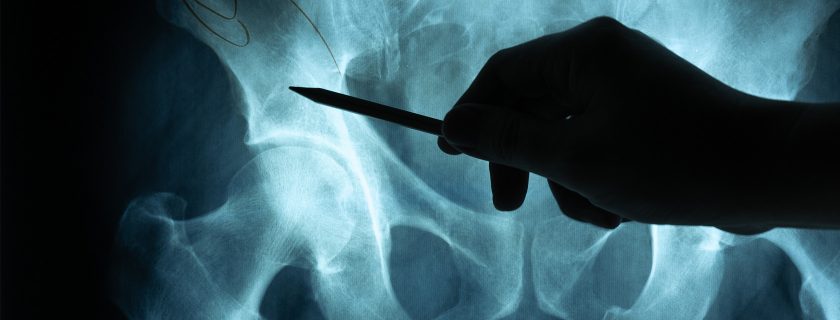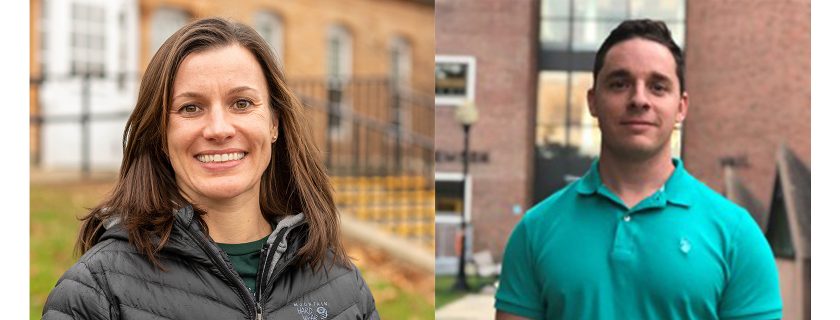According to a new report completed by investigators at Dartmouth’s Geisel School of Medicine and the University of Connecticut School of Medicine and published in the Journal of Studies on Alcohol and Drugs, the relationship between exposure to alcohol marketing and underage drinking is causal.
Articles by: Timothy Dean
Dartmouth Research Provides Strongest Evidence Yet That Fast Food Intake Leads to Weight Gain in Preschoolers
There is a strong link between the amount of fast food that pre-school age children consume and their likelihood of becoming overweight or obese, according to a new Dartmouth-led study, published in the journal Pediatric Obesity.
New Study Finds That ACOs Are Struggling to Integrate Social Services with Medical Care
New findings from a Dartmouth-led study, published in the February issue of Health Affairs, show that despite effort and attention on the part of some healthcare providers to better address their patients’ social needs, little progress is being made to integrate social services with medical care.
New Dartmouth Study Explores Prevalence of Drug Promotions in Primary Care Practices
A new Dartmouth study finds that pharmaceutical companies’ promotional access to outpatient practices that deliver primary care in the U.S. is substantial, especially in smaller practices, those outside of healthcare systems, and those without academic affiliation, possibly impacting prescribing quality and cost.
New Research Points to a Reduction in Medical Students from Rural Backgrounds
Despite the substantial growth seen in the overall number of medical students over the past 15 years, the number of matriculating medical students from rural backgrounds—who are most likely to go back and practice in rural communities—has been in steady decline, according to a new Dartmouth-affiliated study.
New Research Examines How Drug Promotion Rules Impact Physician Prescribing Practices
Findings from a new study led by researchers at Dartmouth’s Geisel School of Medicine show that the way in which pharmaceutical companies are permitted to share information about their drugs can influence physician prescribing practices.
Dartmouth Study Assesses Fracture Risk for Patients Taking Multiple Medications
There is a strong association between the number of fracture-associated drugs (FADs) older patients receive and their risk of sustaining a hip fracture, according to a new Dartmouth study published in the journal JAMA Network Open.
Honoring Student Veterans’ Service to Country
As the Dartmouth community and the nation celebrate Veterans Day, two of our Geisel student veterans reflect on some of the most valuable lessons they learned while serving in the military and the impact of those experiences on their path to medicine.
Geisel Professor Elected to the National Academy of Medicine
Ellen Meara, PhD, a professor of The Dartmouth Institute for Health Policy and Clinical Practice, and an adjunct professor of economics at Dartmouth College, has been elected to the prestigious National Academy of Medicine.
O’Toole Named the Elmer R. Pfefferkorn, PhD, Professor of Microbiology and Immunology
George O’Toole, PhD, a professor of microbiology and immunology at Dartmouth’s Geisel School of Medicine, has been named the Elmer R. Pfefferkorn, PhD, Professor of Microbiology and Immunology at Geisel. The appointment recognizes O’Toole’s outstanding contributions to microbiology and immunology both as a scientist and mentor to students over his 20-year career at Dartmouth.









